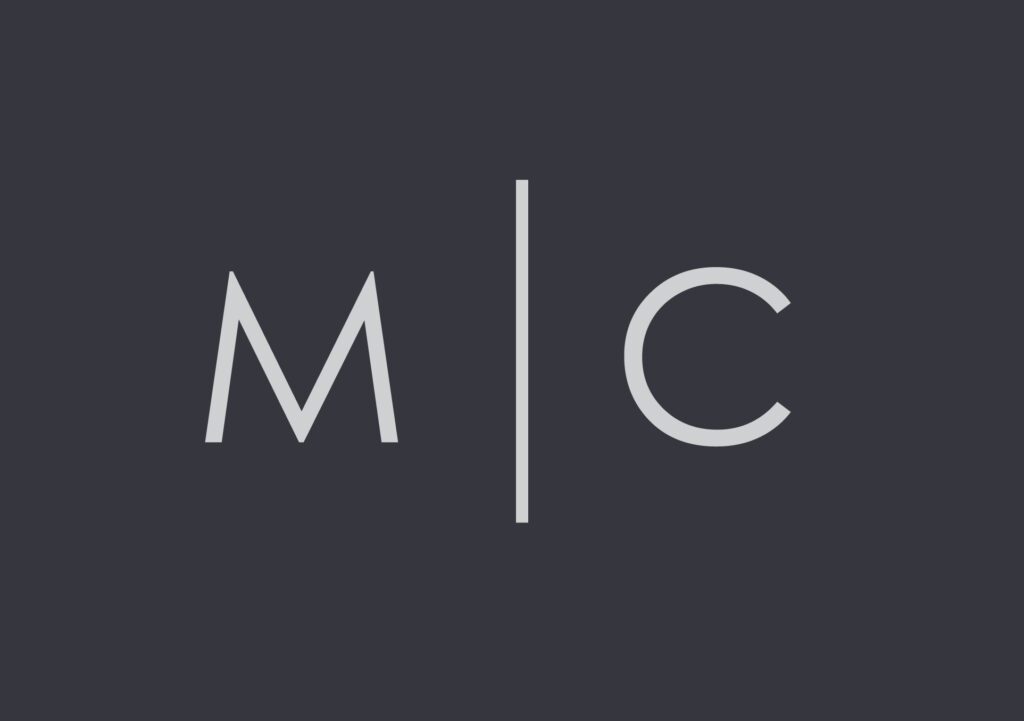Traditional mortgages play a major role in many types of real estate investments, but they are not suitable for all situations. Investors who need to make a quick home purchase, for example, cannot take one or several months to walk through the traditional mortgage process. In a competitive market, investors often need to act quickly or miss out on a potentially lucrative opportunity.
Some real estate investors may only need a short term loan because they plan to fix the property up and flip it for a fast profit. In some cases, bridge financing can cover some of the renovation costs, which is beneficial for investors who need to keep their cash on hand for other purposes. Bridge loans also may have interest-only payments or no payments, which are advantageous to investors who need to keep out-of-pocket expenses and overhead low.
Above are only some of the real estate investment scenarios when a bridge loan is a solid financing option to consider. Before you buy a new home as an investment with bridge financing, however, you need to understand the common lending requirements for a bridge loan and assess how this type of short-term loan may fit into your specific real estate purchase plans.
Why Choose a Bridge Loan
A bridge loan is often used by investors as an alternative to an equity line of credit or a home equity loan. These financing options allow you to tap into equity of current real estate owned, but they have lengthy processing times.
A bridge loan is a short-term loan that has a much faster closing timeline than a line of credit HELOC or an equity loan. If you are selling your current home for a down payment on the investment property, a bridge loan allows you to access that property’s equity to use as down payment funds promptly and before a buyer is located.
A bridge loan often works by using another property as collateral. Some bridge loans, however, are used to purchase and renovate the subject property.
These short-term loans are generally in place for up to 12 months, but there are some variances to this based on the lender’s program parameters.
Because bridge financing is a specialized lending product that is deemed to be riskier by the lender, these loans have higher interest rates and closing costs than traditional loans do. There are also specific bridge loan requirements that vary by lender and that directly impact your ability to get this type of short-term loan.
Bridge Loan Requirements
Bridge loan requirements differ from traditional mortgage requirements that you may be familiar with. Generally, you can borrow up to 80% of the collateral’s value, although there are instances when the lender’s maximum loan-to-value is lower. If you are buying the subject property and paying for its renovations with the bridge loan funds, ensure that you have enough working capital available to cover unexpected expenses.
Often, bridge loan applicants use a property that they are selling as collateral, so they may have an existing loan on the collateral. Be aware that this is 80% combined loan-to-value, which means that the bridge loan amount and the other financing cannot exceed 80% LTV together. Also, the actual loan-to-value and combined loan-to-value vary by lender.
Because bridge loans are specialized financing products, lenders often review the specific merits of each loan request independently and carefully. They may have firm requirements as well as some room to make concessions for compensating factors. Compensating factors may be a low LTV, a large cash reserve, a high credit score or other such factors.
The applicant should have a realistic exit strategy in place for paying off the bridge loan by the end of the term. Commonly, bridge loans are paid off with traditional financing if an investor plans to hold the property as an income-producing investment.
Otherwise, bridge loans are paid through the sale of the property. This is common with fix-and-flip properties. In both cases, the applicant should have a clear plan as well as the ability to execute that plan.
Bridge Loan Qualifications
Two of the primary qualifications that apply for traditional mortgages are also in place for bridge loans. However, the specific parameters vary by lender, so you should carefully review the possibilities available to you.
For example, credit scores are a driving factor in getting approved for a traditional mortgage as well as for determining the interest rate that you qualify for. While the credit score requirements for a bridge loan vary, you may find a minimum requirement of between 660 and 680. Some lenders may be more agreeable to considering a lower credit score if your loan request has other strengths. For example, if you have considerable liquidity or a low loan-to-value ratio, the lender may find wiggle room in some situations.
While a bridge loan can take a first position and replace the old first lien, it is often added as a second lien. This means that the borrower has two mortgage payments to make rather than just one.
A bridge loan lender reviews all relevant factors to assess its overall risk of extending the loan to you. Riskier loan requests may come with a lower loan-to-value, a shorter term length, a higher interest rate or a combination of these.
While you can research each lender’s bridge loan qualifications and requirements online, it is best to speak with a lender’s representative about your loan scenario as well. By doing so, you can more accurately determine which options are available based on your scenario.
Is Bridge Financing Right for You?
Whether you are selling your current home to make your next real estate investment or you simply want to draw against its equity for a short period of time, bridge financing could be suitable for you. A bridge loan can also be used to directly buy the investment, and some loans may even fund the necessary repairs.
A bridge loan gives you a lump sum of cash within a short period of time, enabling you to purchase the investment property quickly. However, the property or properties are at risk of default and foreclosure. Applicants should thoroughly review their options and assess the risks independently before proceeding.
To determine if a bridge loan is the best option, you need to first understand the specific loan terms available for your unique situation. Then you can carefully analyze the specific risks as well as benefits and drawbacks of those terms. Bridge financing is a powerful resource for real estate investors and could be suitable for your upcoming purchase.
Discover the Bridge Loan Terms Available to You Today
While you now have a general idea of the requirements for a bridge loan, you need to learn about the specific terms and requirements for financing that meets your needs. Macoy Capital is a trusted bridge loan financing company, and we are eager to help you achieve your investment goals. To discuss your loan request with one of our associates and get specific terms for your loan request, contact us today.









